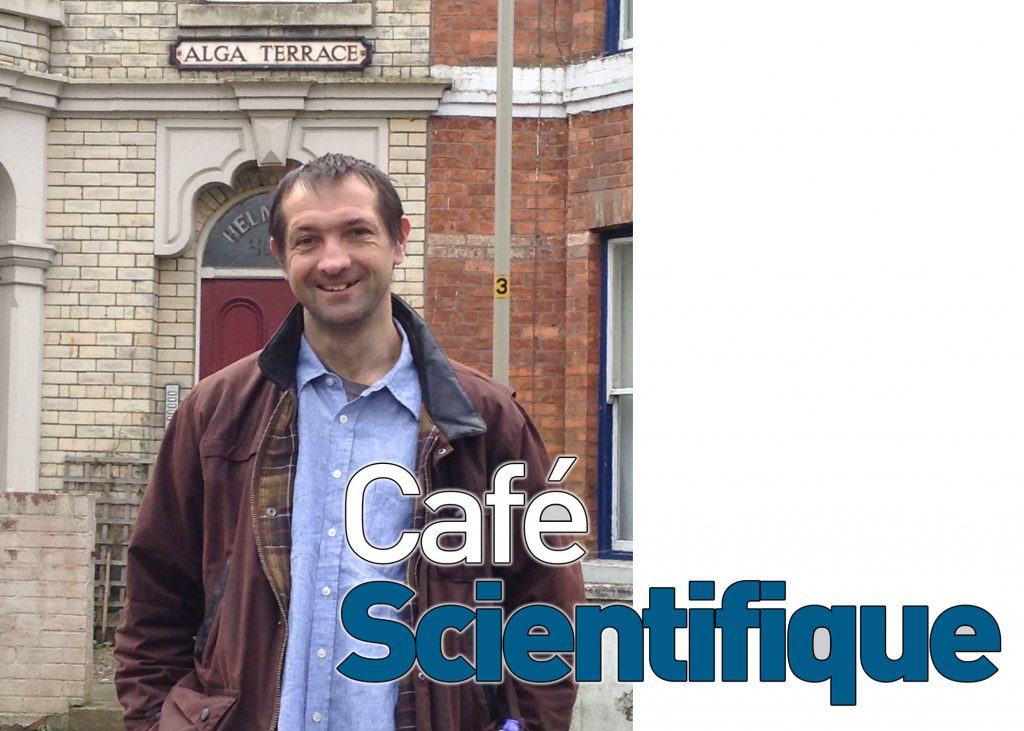Dynamic Pricing
ARC’s policy is to set ticket prices based on demand, like budget airlines, which means we set a price when the event goes on sale and then sometimes put the price up or down depending on how the show is selling. Usually, the price will increase as we get closer to the event, so it is advantageous to book in advance, although sometimes we will put special offers on and reduce the price. Our website will always show the current ticket price.

ARC’s theatre and dance performances are priced on a Pay What You Decide basis, which means you don’t have to pay until after you have seen a show!
We want to encourage more people to come and see shows at ARC, more often. Pay What You Decide not only allows you to pay what you can afford, rather than a fixed ticket price, but also removes the financial risk of buying a ticket for a show in advance without knowing whether you are going to enjoy it or not.
Tickets are available to book in advance as usual, but there is no obligation for you to pay until after you have seen the show. You can then decide on a price which you think is suitable based on your experience, which means if you haven’t enjoyed it at all, you don’t have to pay anything.
All money collected will help ARC pay the artists who have performed, and we therefore hope you will give generously.
Please ensure you have arrived and collected your tickets 15 minutes before the show starts in order to secure your seats. At the end of the show, you can decide what to pay, either by cash on the door or by card at the Box Office.
General Prices: This Cafe Scientifique webinar will be held online via Zoom. Contact [email protected] to obtain Zoom link information.
The Science of Seaweeds: Genomes, Golden Tides, and The Green Lineage with Dr John Bothwell
This Cafe Scientifique webinar will be held online via Zoom. Contact [email protected] to obtain Zoom link information.
Seaweeds do for our coasts what trees do for our countryside: they provide shelter for wildlife, lock up nutrients for future generations, and act as barriers to protect ecosystems from the never-ending attrition of the winds and the waves. Unfortunately for seaweeds, they’re also largely invisible: the great kelp forests of the UK coastline are all offshore and underwater, so we never see them when we gaze out across any of our seas.
Seaweeds haven’t always been so undervalued: they were widely eaten in the UK’s coastal communities before the agricultural revolution and red, green, and brown seaweeds have formed a dietary staple the World over for more than a thousand years. Indeed, Europe’s relatively modest seaweed intake is put to shame by the many species that make up the limu of Hawaiian cookery and by the nori, wakame, kombu and hijiki of Japanese cuisine. More recently, of course, people have begun to wonder whether we can convert algae into biofuels (the jury’s still out on that one…)
But seaweeds are more than just a promising biomass resource; they’re an evolutionary tangle three billion years in the making, they’re the first organisms that are known to have become multicellular, and their ancestors were the ones that colonised the land half a billion years ago and gave rise to the land plants.
Dr. Bothwell is a Reader in Bioenergy in the Dept. of Biosciences, Durham University.
His DPhil in Biochemistry was awarded in 2000; between 2000-2007 he held postdoctoral research fellowships in Cambridge, Plymouth and Roscoff, taking a year off in 2002-2003 to play professional rugby. From 2009-2012, he held a Lectureship at Queen’s University Belfast and moved to Durham in 2013. His group was the first to sequence the genome of a green seaweed (Ulva compress) which is found all along the northeast’s coastline)
